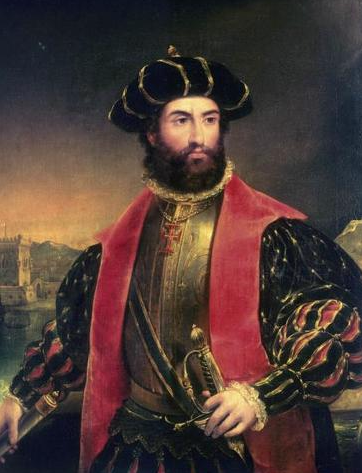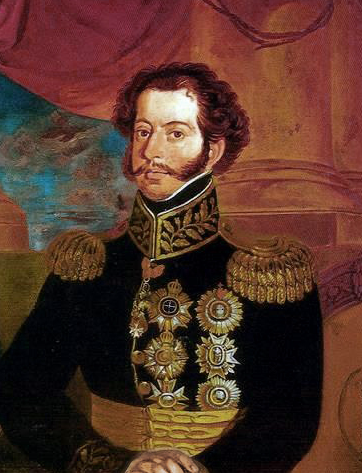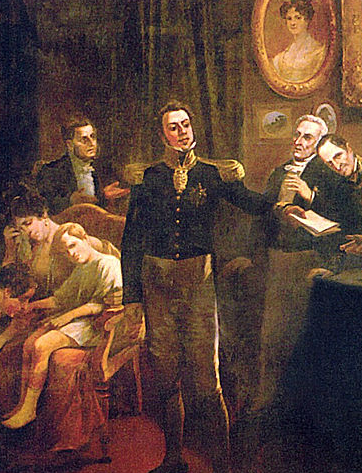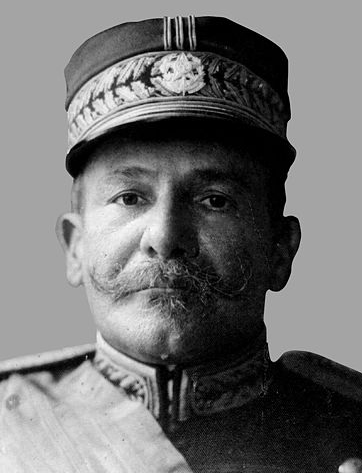RESORTS OF BRASILAll about resorts and resting-places of Brazil
|
|
A country go under the name of now Brazil was by chance open Portuguese Pedro Alvares Kabral, by the carried away marine flow westward during his way in Ост India. on April, 21, 1500 Kabral saw a bank and, landing after four days in Porto Seguro, solemnly declared the reopened earth property of Portuguese king, giving the name Terra de Vera Krus to her. In 1501-1502 and 1503-1504 there were two Portuguese expeditions, in the second took part Amerigo of Vespucci. In the first expedition the Portuguese government sent in the new country of criminals, and later, in 1548, inquisition began to exile jewries there. The real colonization of Brazil was begun with 1531, to the country it was given by a governor Vasko de Susa the administrative device based on the ленной system, on the command of king Ioan III, after that a dad finally confirmed possession the reopened country. In 1549 Susa founded Bahia, appointed as that the capital of Brazil, he caused from Portugal of jesuits for inlightening of natives. Frenchmen that appeared near this time, in an union with natives, tried to arrange colonies on a coast. In 1557 frenchmen were broken, but, with the transition of Portugal under Spanish dominion (in 1580), Brazil was alternately exposed to encroachments of englishmen, frenchmen and Dutchmen. Last, under leadership of Moris de Nassau, it was succeeded firmly to become firmly established in a country, and in 1630 they seized Bahia. Although entering again on the Portuguese throne dynasty Braganc and призналan after Dutchmen in 1640 busy at them places, however, happiness changed them and in 1648 they were outcast. Pernanbuko, last Dutch possession, passed to Portuguese in 1654. Since up to 1822 Brazil remained under power of Portuguese. В1807 a dynasty Braganc was a year deprived the Portuguese throne after a bullock Napoleon. King Juan VI hurried with family to Brazil, where on May, 1, 1888 in Rio de Janeiro (by the becoming now capital) was welcomed as the Brazilian emperor. Beginning near this time in all South America revolutionary motion did not pass both Brazil and blazing up in 1817 republican revolt was the precursor of further events. Because of revolt in Rio de Janeiro of realtor (on February, 26, 1821), Juan had to promise to Brazilians the constitution desired by them and, at the departure to Portugal (on April, 26), to leave a crown prince Pedro a regent. When Portuguese parliament, without regard to the promise given by their king, not only not it admits the Brazilian deputies in meeting, but required a return to the ancient regimes, a prince-regent joined to national motion and founded the first Brazilian ministry. A thankful country presented the title of "permanent defender of Brazil" to the toregent. During a journey on the province of San - Paulu, the prince-regent of September, 7, 1822 proclaimed independence of Brazil and, arriving to Rio de Janeiro, was select, on October, 12, by the constitutional emperor of Brazil under the name Pedro I. At an assistance the English admiral Kokrein with his squadron, a new emperor broke up the troops sent by the Portuguese government. last, not having the opportunity to contest with a falling off colony, confessed on November, 15, 1825, independence of the Brazilian empire under power of Pedro I. In a the same year war blazed up with the states of La – Plata (Buenos Aires and Montevideo) producing claims on so-called "Dfnda-Oriental", wide stripe, located from the mouth of the river Knareika, inflowing to Uruguay, upwards to down the river, to the south lake of Mini. The military operations of Brazilians were not successful, and on August, 18, 1828 was to confess confluence of Montevideo with Banda in the republic of Uruguay. Brazil in an union with Argentinas republic and Uruguay entered with him (in 1865) into the long and ruinous war finished only in 1870. With a cease-fire again possibility to go back to plan internal reforms introduced oneself an emperor, mainly to the question about abolition of slavery. Failing an emperor being at that time in Europe, on was September, 28, 1876 sanctioned by a princess by Isabel law all children of slaves born in Brazil were declared that free, assoiling of slaves was facilitated on will and the special fund was founded for annual redemption of the known number of slaves. But this was only the first step to emancipation of slaves, and emperor aimed to grant all forces to the nationals complete and unlimited freedom, what, however, because of strong counteraction of defenders of slavery, it was not fated to come true earlier 1888 (law of May, 13). On the constitution of 1891, for that the constitution of the USA served a standard, Brazil presents from itself a federal republic, far, however, not such democratic, as the USA. She consists of 20 states and 1th federal district that, to electing of the new capital on neutral territory, there is Rio de Janeiro. Political rights are used only by citizens able to read and write; deprived political rights also нищие, soldiers, sailors, members of spiritual orders. After these exceptions, every Brazilian attaining 21 and not deprived rights by virtue of judicial sentence uses a right for taking part in the election both general court of the state and congress and president of federal republic. After the overthrow of empire in 1889 power belonged to the marshal Fonseka, leaning against an obedient to him army and governing on rights for a dictator (provisional government). Revolution was produced by coalition of supporters of рабовладения and opponents of catholic clergy. To strengthen international and financial position of country, the government of Fonseka declared, that it undertook the national debt of Brazil, created by an empire; but it did not prevent to the strong falling of courses. One of major political measures of provisional government was the disestablishment accompanied by secularizing in the wide sizes of spiritual имуществ. В1900 to the year old frontier dispute of Brazil with France from small territory, in opinion of France belonging yet by virtue of the Utreht agreement to French Guiana, was decided by the court (by Swiss allied advice) of arbitration almost wholly in behalf on Brazil. В1904 to the year the same dispute between Brazil and Great Britain from territory lying between British Guiana and Brazil was decided by Italian king as a referendary so, that approximately the half of debatable territory was awarded to Brazil, half - to Great Britain. Brazil avoided the large-scale participating in both world wars and entered into them formally on the final stages. In a post-war period the soldiery ruling modes that managed Brazil not very effectively were set in a country. Now Brazil the rather developed country in the world and the region, having a stable enough economy and national currency.
|
|




